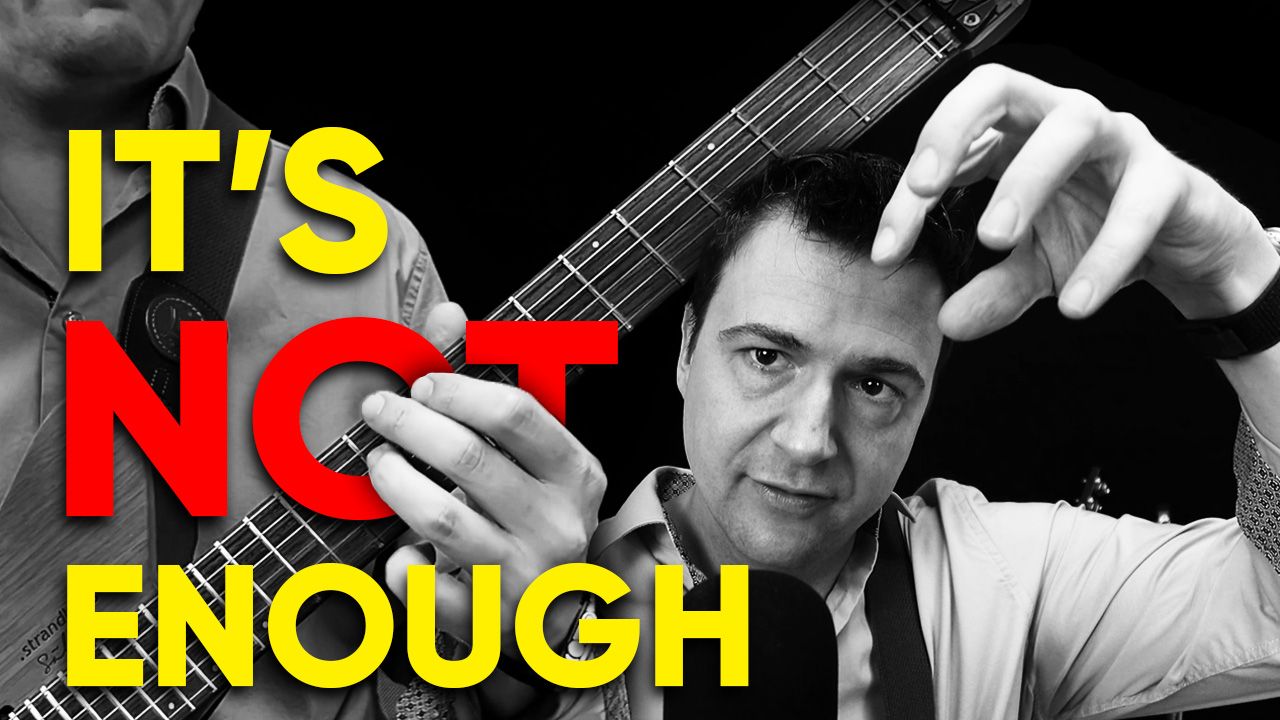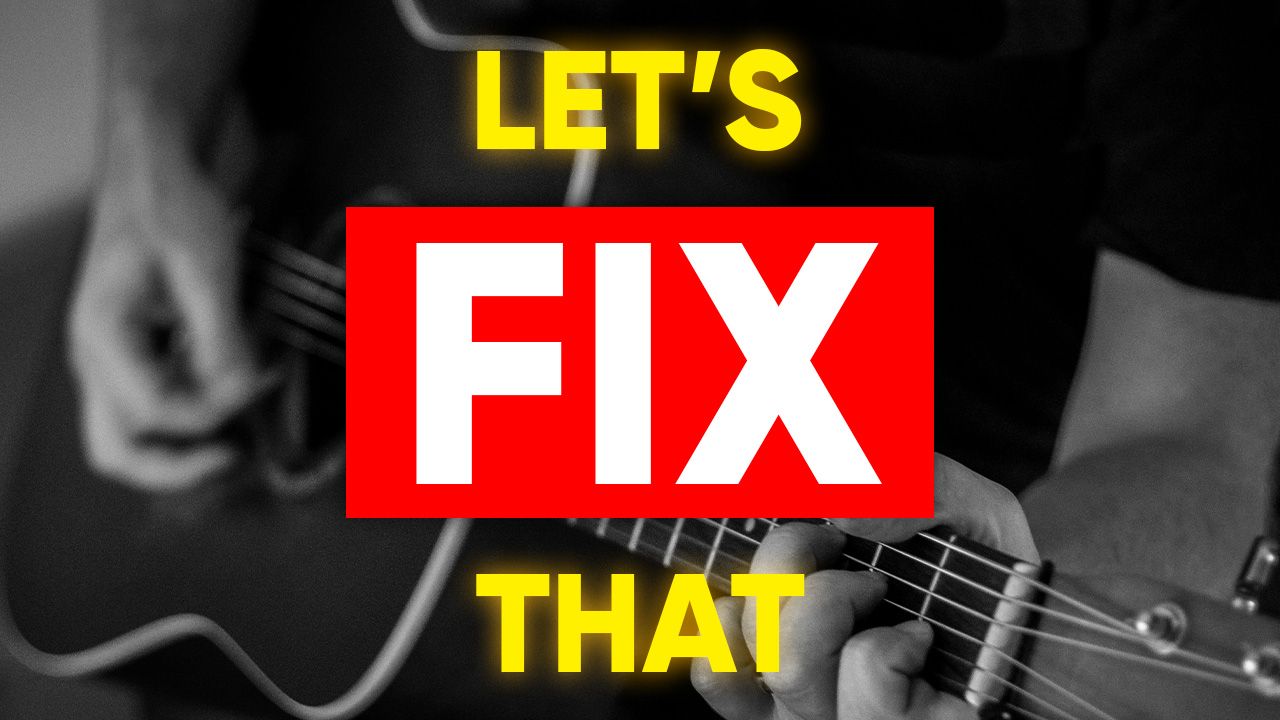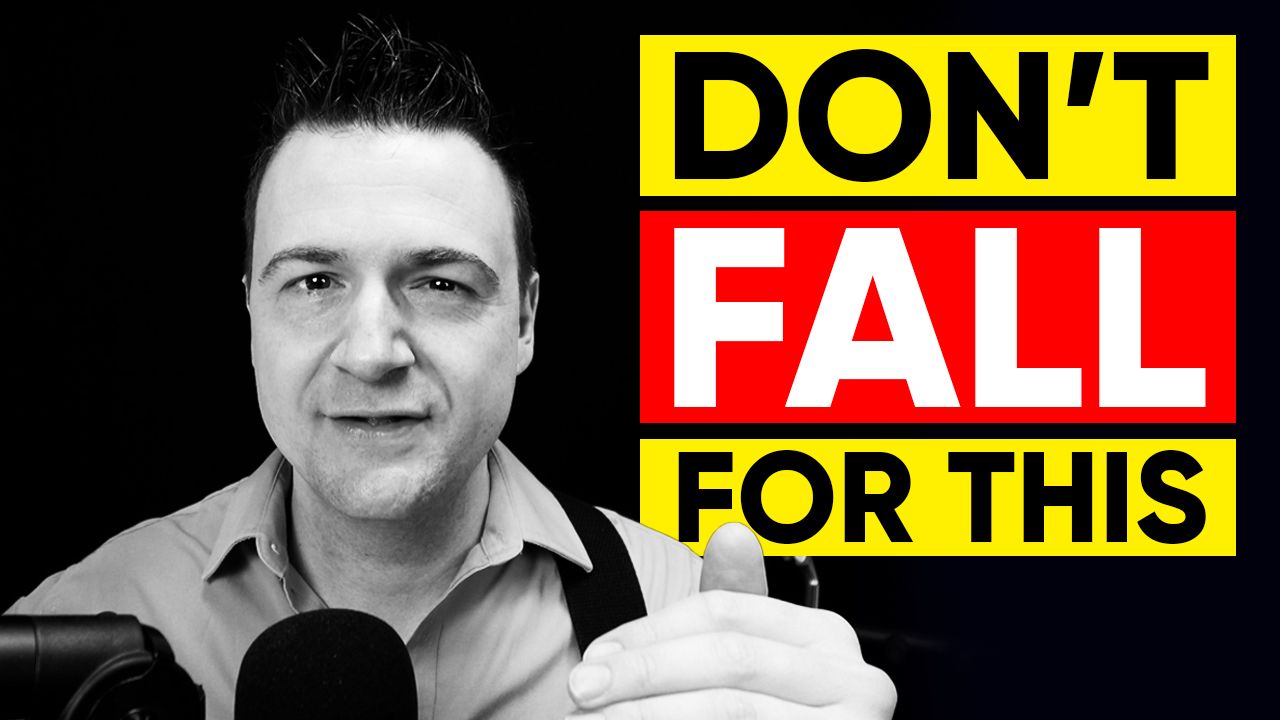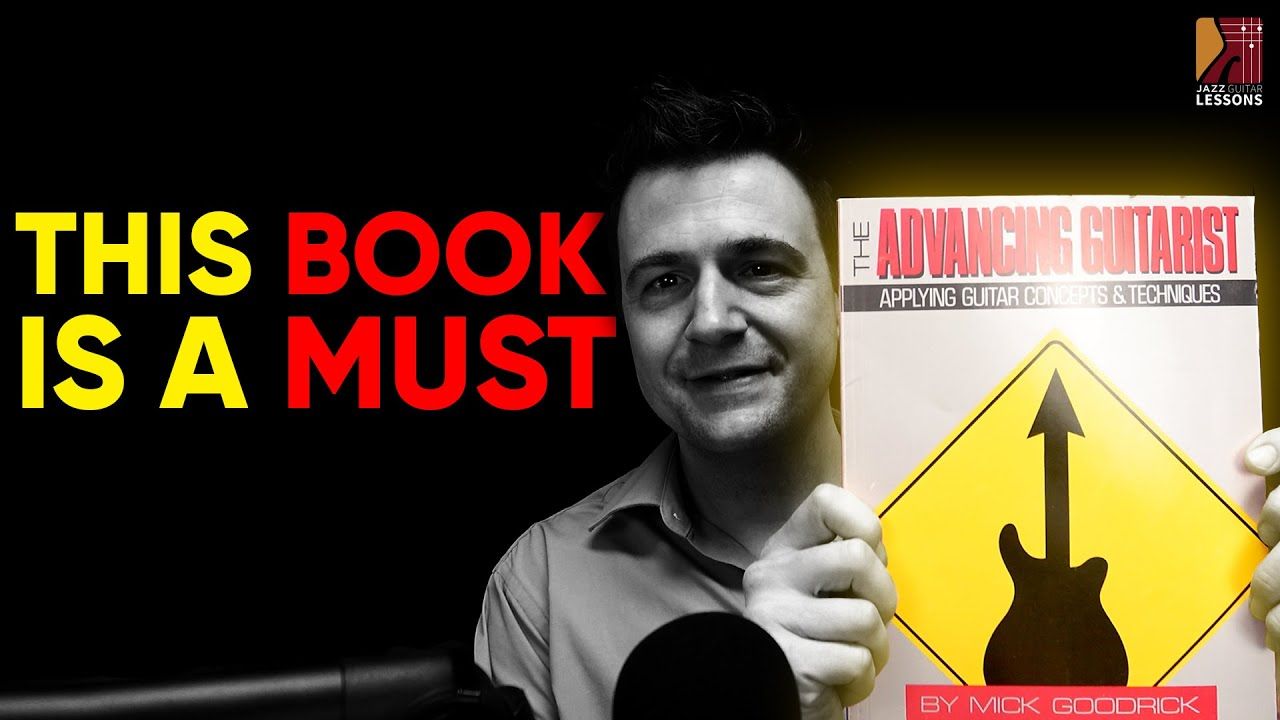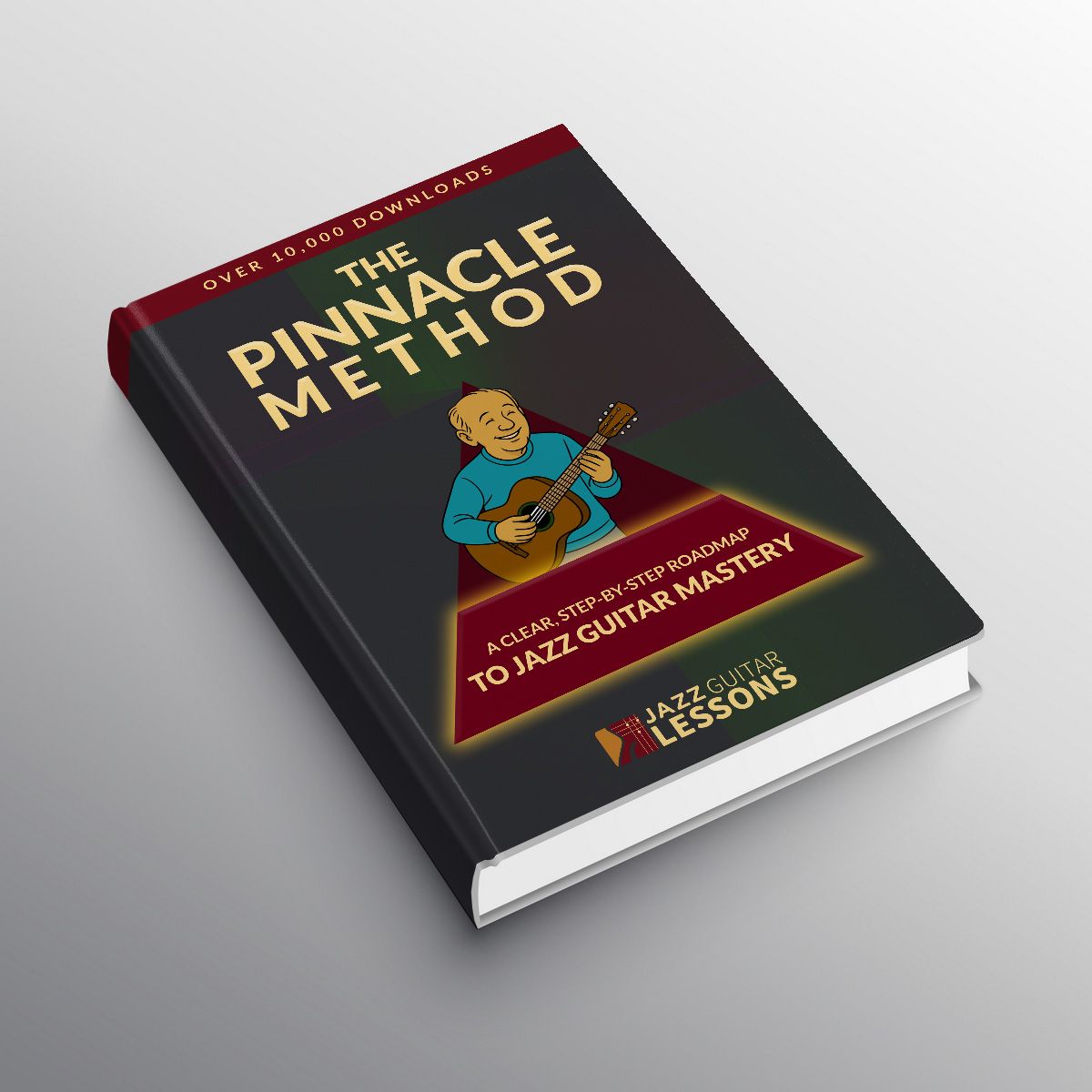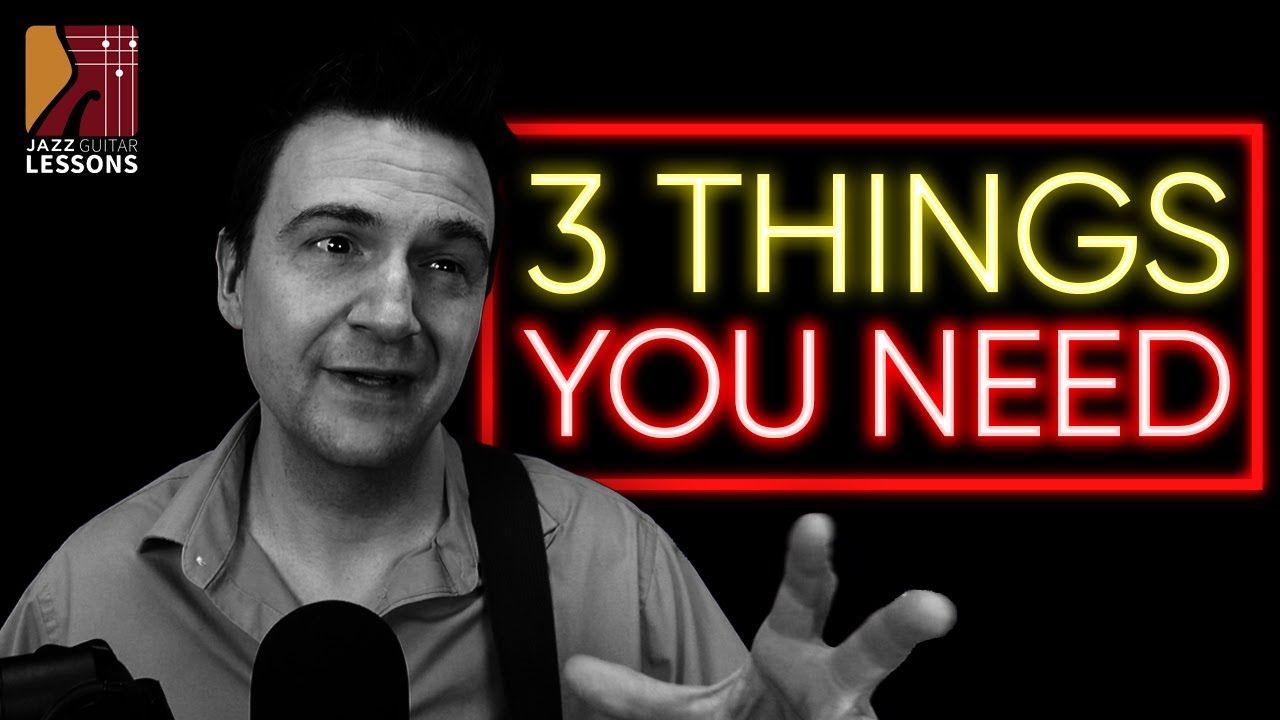
Becoming a Jazz Guitarist: How to Get Started
Dec 13, 2024How to Become a Jazz Guitarist: A Fun and Engaging Guide for All Levels
Hey everyone! Welcome back to the channel. Today, we're diving into the world of jazz guitar, and I'm here to guide you through the journey of becoming a jazz guitarist, no matter your current skill level. Whether you're coming from a rock, blues, classical background, or you're just a campfire strummer, this post is for you!
Jazz Guitar: The Basics
Jazz guitar can seem like a daunting world to enter, but fear not! It's all about understanding the basics and building from there. Many people hit a roadblock when trying to learn jazz standards and improvisation. It's a language, and like any language, it takes time and practice to become fluent. Whether you want to play for yourself, an audience, or jam with others, I'm here to help you get started.
The Three Main Roles of a Jazz Guitarist
To call yourself a jazz guitarist, you should be able to perform three main roles at a basic level:
-
The Accompanist: As an accompanist, you'll provide harmony and chords for the band. Whether you're jamming, composing, or performing, playing chords is a fundamental part of being in a band. Start with simple shell voicings and basic rhythms like the Charleston or four on the floor. These will help you accompany others effectively.
-
Playing the Melody: The second role is to play the melody or theme of the song. This can be done through single notes or chord melodies. Start with simple single-note melodies and gradually build up to thin chord melodies. Remember, the goal is to make the melody recognizable and enjoyable.
-
Improvisation: The third role is improvisation. Unlike rock or blues, jazz requires you to address chord changes as they pass by. Start by targeting the third degree of each chord on beat one. This will help you outline the changes and create a sense of forward motion in your solos.
Tips for Success
- Practice with Standards: Make your practice song-centric. Choose a few jazz standards and apply what you've learned. This will help you stay focused and see real progress.
- Join a Community: Consider joining a jazz fellowship or community where you can learn from others and share your experiences. It's a great way to stay motivated and inspired.
- Be Patient and Persistent: Jazz is a complex genre, and progress may seem slow at times. Keep practicing, and don't be afraid to ask questions or seek help when needed.
Conclusion
By focusing on these three roles and practicing regularly, you'll be well on your way to becoming a jazz guitarist. Remember, it's all about enjoying the journey and making music that you love. So grab your guitar, start practicing, and most importantly, have fun!
Thanks for reading, and I'll see you in the next post. Keep swinging! 🎶


